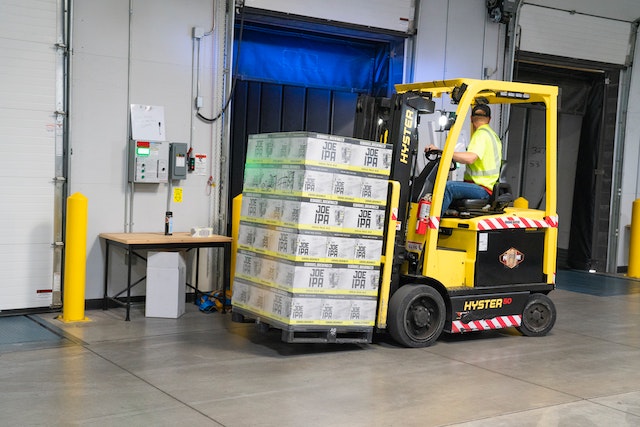Most good business leaders know the value of education. The provision of education to all of the members of an organization can massively upgrade its capabilities and foster growth. Here are some of the key ways in which the implementation of workplace education can help a business.
It Can Help You Learn About Your Employees
Business education isn’t just useful for teaching your employees new skills – you can learn just as much about your employees as they can learn from you! In talent management and acquisition, employers seek to find out more about their workforce so that they can promote them from within. Promoting employees from within is far cheaper and far more conducive to a good workplace environment than hiring in from the outside. In order to correctly profile employees using systems like the 9 grid box – explained here on Thinqi.com – employers need to harvest information about their personnel.
During the course of in-house education, employees reveal a great deal about themselves. This skill levels, adaptability, leadership, and teamwork skills are all made evident during education – often in a far more observable fashion than during a regular working week.
It Increases Employee Potential
Every good employer wants to help their employees to reach their full potential. This is, of course, not always an altruistic concern. Helping employees in their realization of potential enables a business to develop a more skilled and motivated workforce. It also increases the amount of promotion from within that a company can make work. If the talent recognition and employment process have been completed confidently, all of the employees within a business should have the ability to exceed their initial skill level and performance.
Educational programs allow business leaders to identify high potential employees – pushing them beyond their initial performance and skill levels and generating an upwardly mobile workforce. Potential differs from talent or readiness. Potential is assessed by figuring out how the talent and readiness of an employee can be ‘upgraded’ to fit the eventual needs of a company. HIPO – High POtential employees – are often earmarked for further education.
You Learn From Your Employees
No educational program is completely one-way. In fact, all education is highly reciprocal. Employers are just as likely to learn from employees as they are to teach their employees new things. Educational settings are one of the most conducive conduit zones for upwardly shared knowledge. Employers can use the provision of education as an opportunity to hear their employees’ opinions – which are often highly qualified – about institutional issues, working practices, and talent management, among other things.
You Increase Versatility
Educational programs at work can help to create more versatile working cohorts. Employees should be encouraged to share their expertise with other employees in order to create a more flexible and disaster-prone business. More resilience and versatility generally equate to more sustained growth. If employees are not given the benefit of education, they will be unable to offer labor and insight into areas they have not been trained in – naturally!



